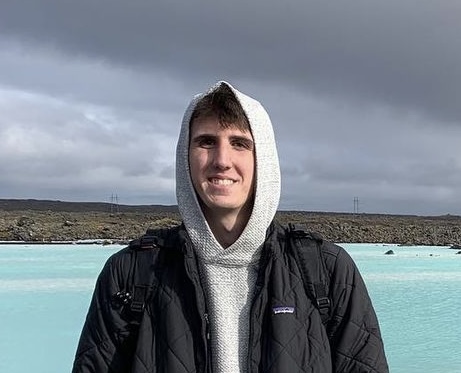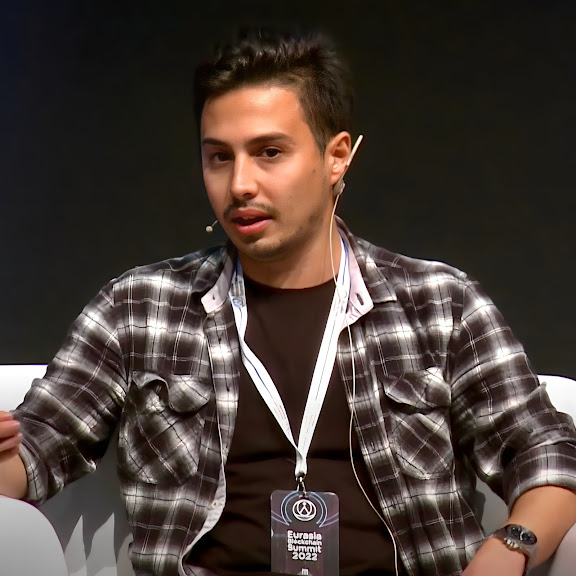DAOs
Learn about the role and function of DAOs in the Avalanche ecosystem.
In the Avalanche ecosystem and other EVM-compatible networks, Decentralized Autonomous Organizations (DAOs) are pivotal for governance. DAOs operate through smart contracts on the blockchain, enabling decentralized management without centralized leadership. They empower communities to collectively make decisions on protocol upgrades, fund allocations, and other critical governance matters.
How DAOs Function
DAOs in the Avalanche network govern specific L1s or projects using token-based voting mechanisms. Members hold governance tokens granting them the right to propose initiatives and vote on various issues. The decision-making process is transparent and recorded on the blockchain, ensuring accountability and trust among participants.
For example, a DAO might oversee a L1 dedicated to decentralized finance (DeFi) applications. DAO members can vote on proposals related to L1 upgrades, fee structures, or partnership integrations. By distributing governance tokens to participants, the DAO ensures that contributors have a say in the network’s direction.
Please reference OpenZeppelin's Governance contracts for more information on how DAOs can be implemented: OpenZeppelin Contracts.
Benefits of DAOs in Governance
- Decentralization: Eliminates the need for centralized authorities, reducing risks of single points of failure and corruption. Decision-making power is distributed among token holders, aligning actions with the community’s interests.
- Transparency: All proposals, votes, and decisions are recorded on the blockchain, providing an immutable and transparent governance record. This openness fosters trust and encourages active participation.
- Efficiency: Smart contracts automate many governance aspects, such as vote tallying and proposal execution. Automation reduces human error and accelerates decision-making.
- Inclusivity: By allowing anyone with governance tokens to participate, DAOs promote inclusivity and democratize organizational control. Broad participation can lead to diverse perspectives and innovative solutions.
DAOs and Tokenomics
DAOs significantly impact the tokenomics of Avalanche and other EVM networks. Governance tokens often have utility beyond voting rights, including staking rewards or fee reductions. This dual utility incentivizes holding and using the tokens, contributing to the network’s economic health.
Additionally, DAOs can manage treasuries funded by network fees or token issuance. These funds can be allocated to development initiatives, marketing efforts, or community grants, as decided by DAO members. Financial autonomy enables DAOs to invest directly in the growth and sustainability of their networks.
Challenges and Considerations
While DAOs offer numerous benefits, they also face challenges:
- Governance Participation: Ensuring active participation can be difficult, as some token holders may be passive investors. Low voter turnout can lead to decisions not reflecting the broader community’s interests.
- Security Risks: Smart contract vulnerabilities pose significant risks. Exploits or bugs in governance contracts can lead to loss of funds or manipulation of voting outcomes.
- Regulatory Uncertainty: The legal status of DAOs is evolving in many jurisdictions. Regulatory actions could impact their operation and recognition, affecting functionality.
Real-World Examples in the Avalanche Ecosystem
- Avalanche Ambassador DAO: A group of proven projects from the Avalanche ecosystem that want to partner with the Ambassador DAO and support the Avalanche Community. These projects can create exclusive paid bounties for ambassadors to complete. Ambassadors will get opportunities to contribute and collaborate with these projects and the projects will get access to a global network of ambassadors.
- DeFi Protocol DAOs: Projects building on Avalanche establish DAOs to manage protocol parameters like interest rates, collateral requirements, and reward distributions.
- Community DAOs: Focus on community initiatives, funding educational content, organizing events, and promoting Avalanche technologies. The Avalanche Ambassador DAO is an example of a community-driven initiative.
The Role of DAOs in Future Governance
As the Avalanche network grows, DAOs will likely become increasingly important in governance. They offer a scalable and flexible framework for managing complex decentralized systems. By empowering communities to self-govern, DAOs contribute to the resilience, adaptability, and inclusivity of blockchain networks.
In the context of Avalanche Layer 1 (L1) tokenomics, DAOs exemplify how decentralized governance models can effectively manage resources, drive innovation, and align diverse stakeholder interests. Understanding and participating in DAOs allows individuals to influence the network’s evolution and contribute to its long-term success.

